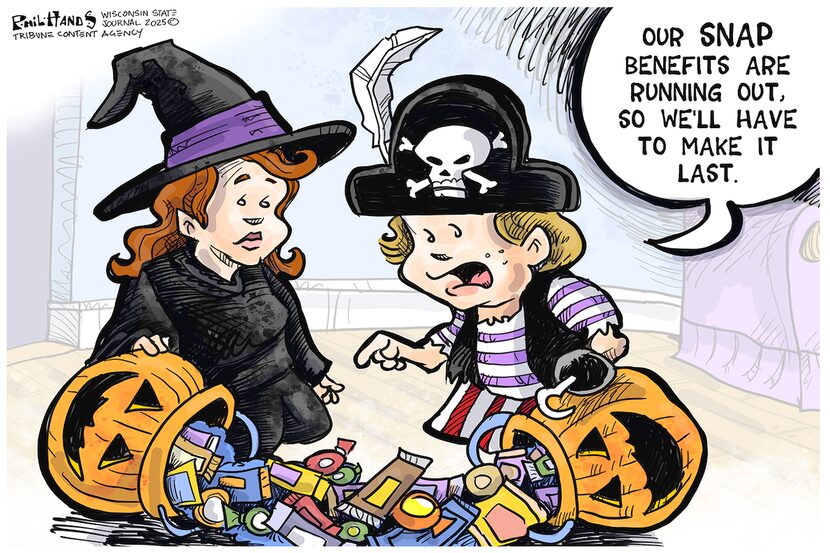Business
Texas Ranchers Criticize Argentine Beef Imports Amid Trade Tensions

A growing discontent among Texas ranchers regarding the importation of Argentine beef has surfaced, highlighting concerns over trade policies and market competition. Ranchers argue that these imports undermine local beef prices and threaten their livelihoods. The U.S. Department of Agriculture (USDA) reports that beef imports from Argentina increased by approximately 20% in the past year, raising alarms among local producers.
Texas ranchers have expressed their grievances during recent meetings, emphasizing that the influx of cheaper Argentine beef is creating an uneven playing field. They cite the need for fair competition that supports domestic agriculture rather than undermining it. According to rancher and spokesperson John Smith, “It’s not just about the price; it’s about the future of our industry.” Smith’s comments reflect a broader sentiment among ranchers who feel marginalized in the face of international trade decisions.
Impacts of Trade Policy on Local Beef Market
The situation is further complicated by the broader implications of U.S. trade policy. Many ranchers argue that current regulations are not protecting their interests and that sustained imports could harm the Texas beef market significantly. The Texas and Southwestern Cattle Raisers Association has indicated that ranchers are already facing pressures from rising production costs, and the additional competition from Argentine beef exacerbates their challenges.
Analysts suggest that the USDA’s decision to allow increased imports could be seen as an attempt to stabilize beef prices nationally. However, ranchers argue that the short-term benefits do not justify the long-term consequences for local producers. “We need policies that prioritize American farmers,” said Linda Johnson, a cattle rancher from Amarillo. “Without support, we risk losing our rural communities.”
In response to the situation, some ranchers are advocating for a reassessment of trade agreements and more stringent regulations on imports to ensure fair competition. They believe that protecting domestic agriculture is essential for maintaining the economic health of rural Texas.
Future Investments and Long-Term Solutions
As tensions rise, discussions are also focusing on potential investments that could bolster the local beef industry. Experts recommend that ranchers consider diversifying their operations and exploring new markets. Investment in technology and sustainable practices could provide a competitive edge, allowing Texas ranchers to adapt to changing market dynamics.
Officials from the Texas Department of Agriculture are expected to meet with ranchers to address these concerns and explore viable solutions. The aim is to strike a balance that supports local producers while acknowledging the complexities of international trade. “We must work collaboratively to develop strategies that benefit everyone involved,” stated Commissioner Sid Miller of the Texas Department of Agriculture.
The ongoing debate over Argentine beef imports underscores a critical moment for Texas ranchers. As they navigate these challenges, the focus remains on maintaining the integrity of the local beef market and ensuring a sustainable future for the industry. Without decisive action, the fears of ranchers may become a reality, impacting not just their livelihoods but also the broader economic landscape of Texas agriculture.
-

 World2 weeks ago
World2 weeks agoGlobal Air Forces Ranked by Annual Defense Budgets in 2025
-

 World2 weeks ago
World2 weeks agoMass Production of F-35 Fighter Jet Drives Down Costs
-

 Science2 weeks ago
Science2 weeks agoTime Crystals Revolutionize Quantum Computing Potential
-

 Top Stories2 weeks ago
Top Stories2 weeks agoNew ‘Star Trek: Voyager’ Game Demo Released, Players Test Limits
-

 World2 weeks ago
World2 weeks agoElectrification Challenges Demand Advanced Multiphysics Modeling
-

 Top Stories2 weeks ago
Top Stories2 weeks agoDirecTV to Launch AI-Driven Ads with User Likenesses in 2026
-

 Entertainment2 weeks ago
Entertainment2 weeks agoFreeport Art Gallery Transforms Waste into Creative Masterpieces
-

 Lifestyle2 weeks ago
Lifestyle2 weeks agoDiscover Reese Witherspoon’s Chic Dining Room Style for Under $25
-

 Health2 weeks ago
Health2 weeks agoGavin Newsom Critiques Trump’s Health and National Guard Plans
-

 Lifestyle2 weeks ago
Lifestyle2 weeks agoLia Thomas Honored with ‘Voice of Inspiration’ Award at Dodgers Event
-

 Entertainment2 weeks ago
Entertainment2 weeks agoFast & Furious Coaster Hits the Track at Universal Studios
-

 Science2 weeks ago
Science2 weeks agoWaning Crescent Moon: What to Expect on October 17









